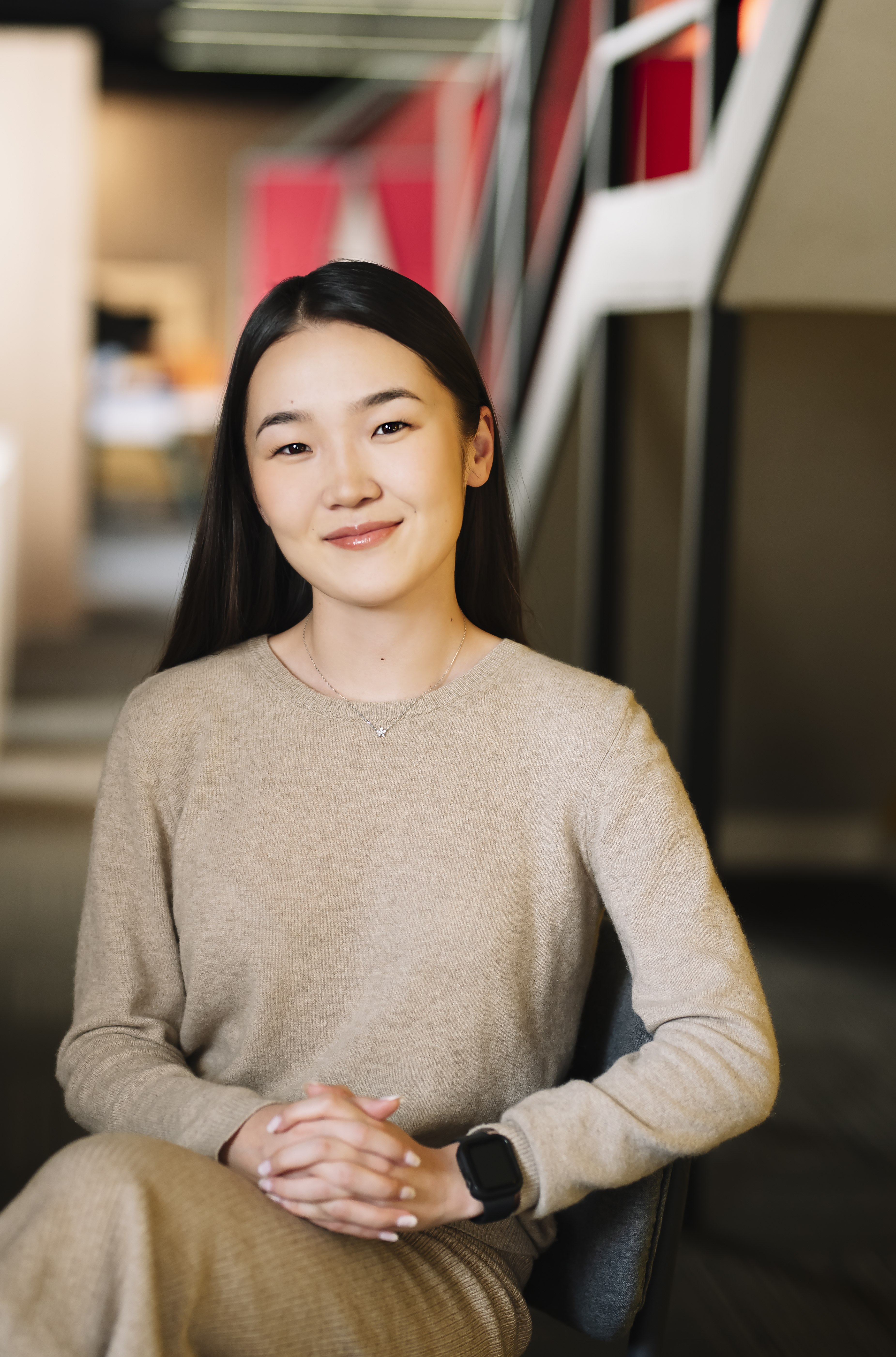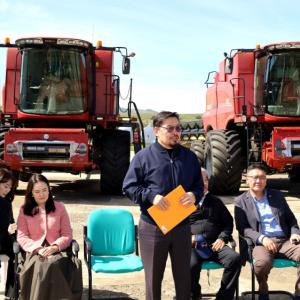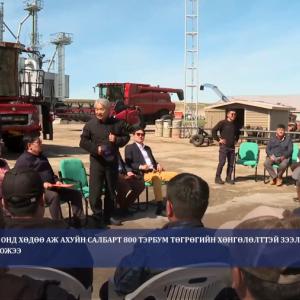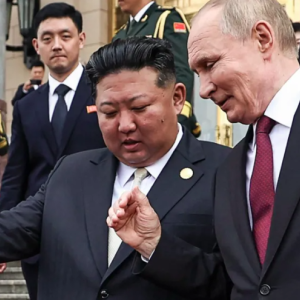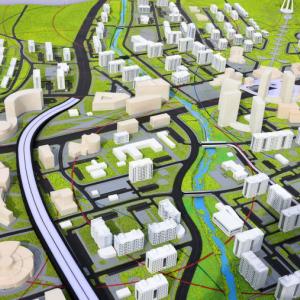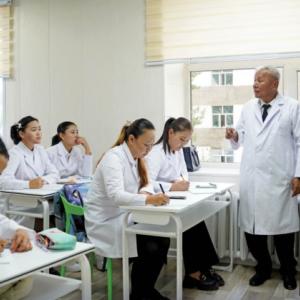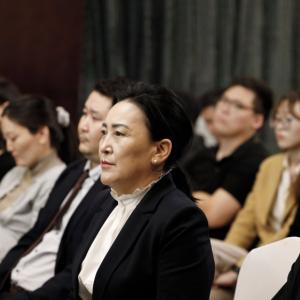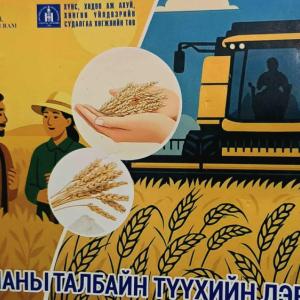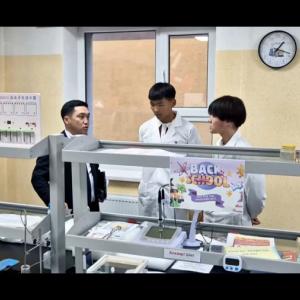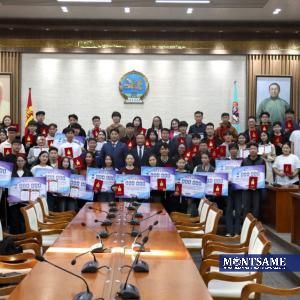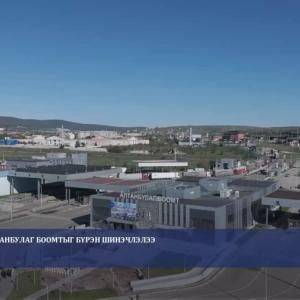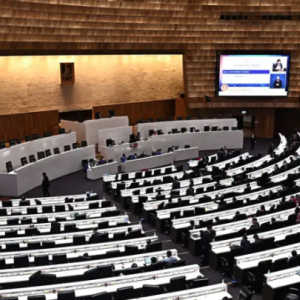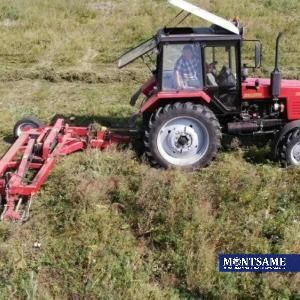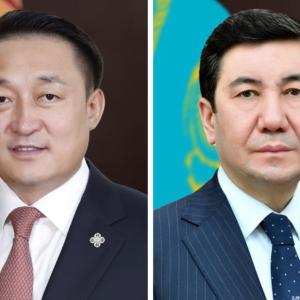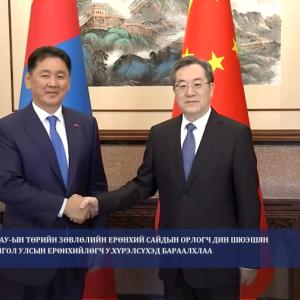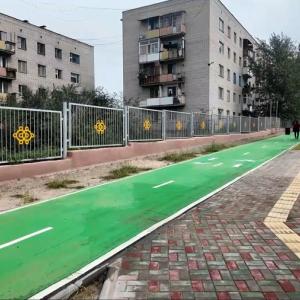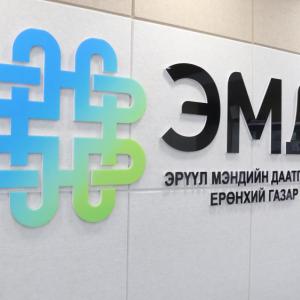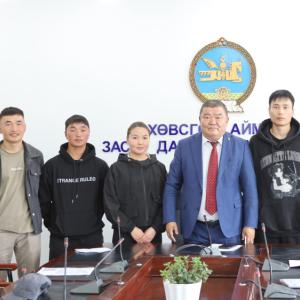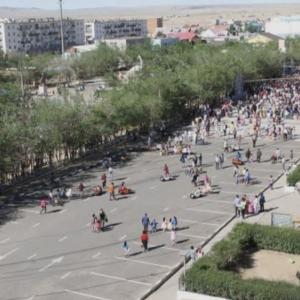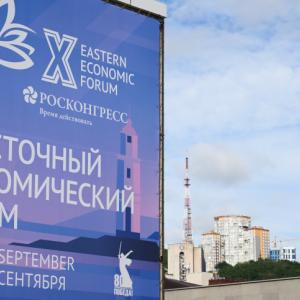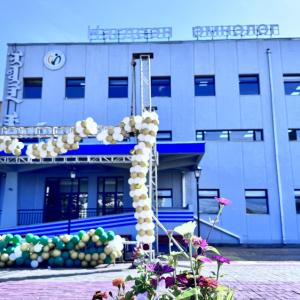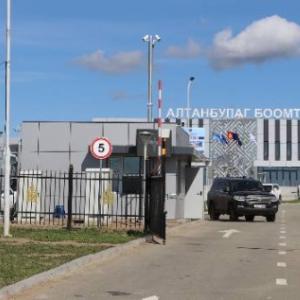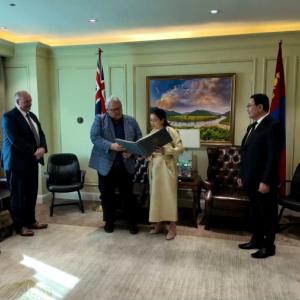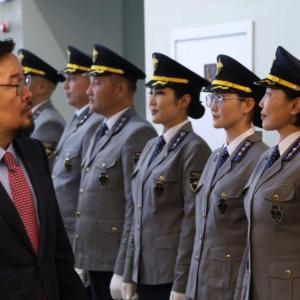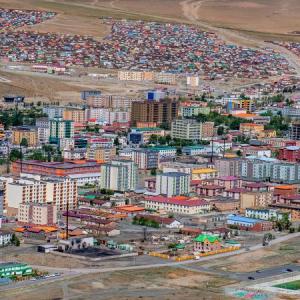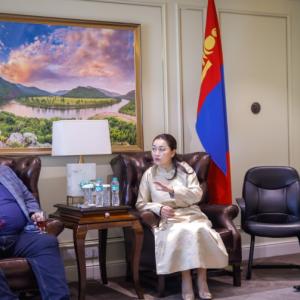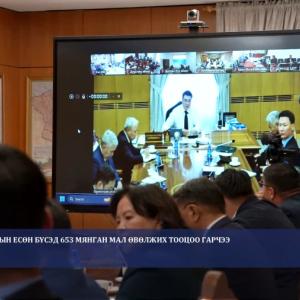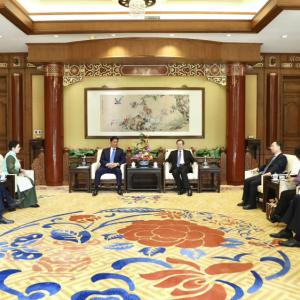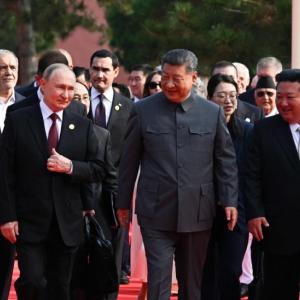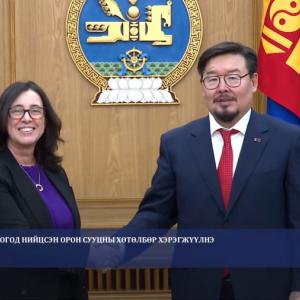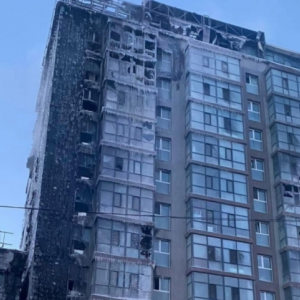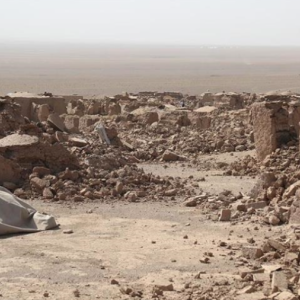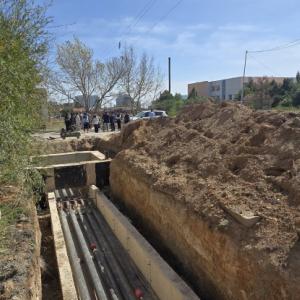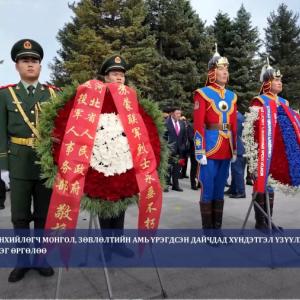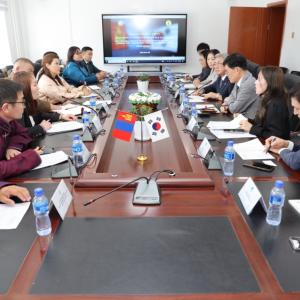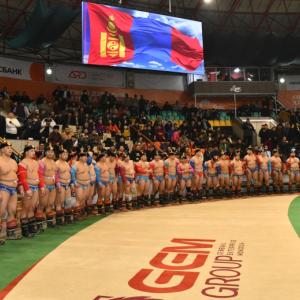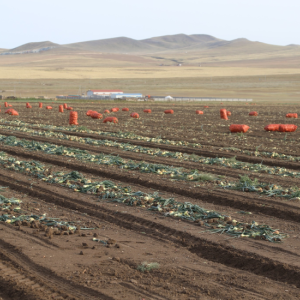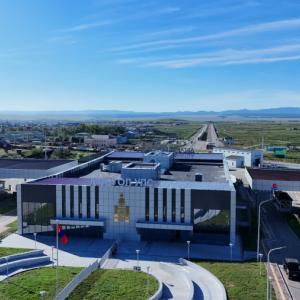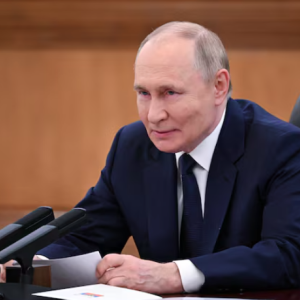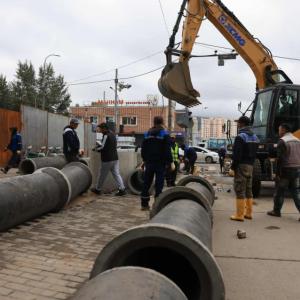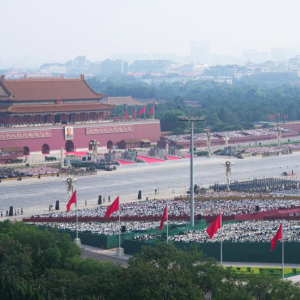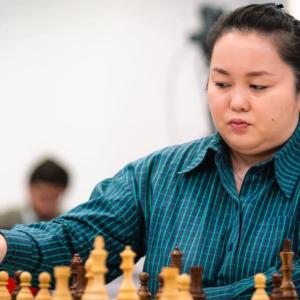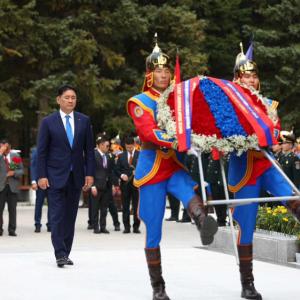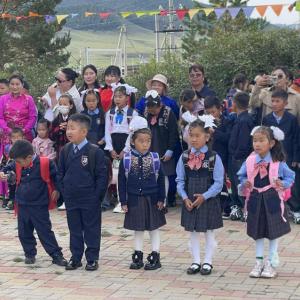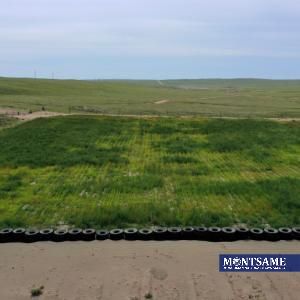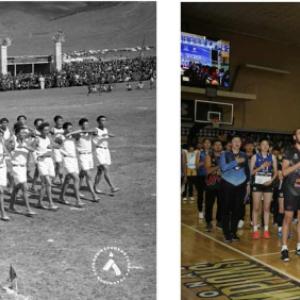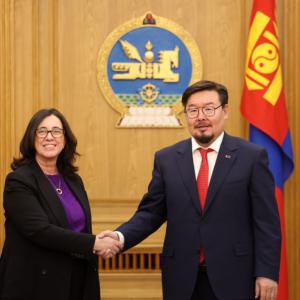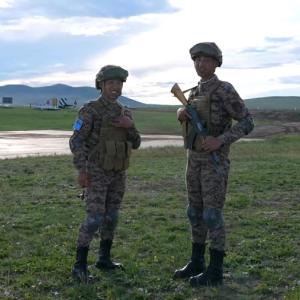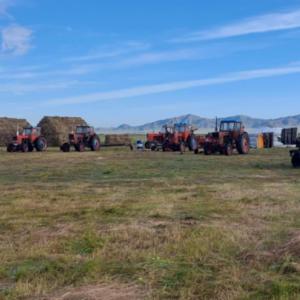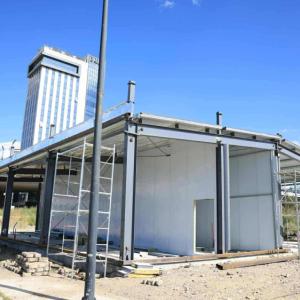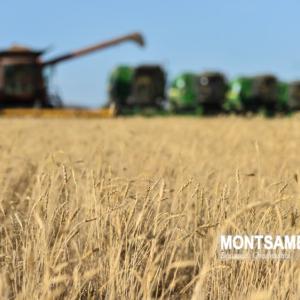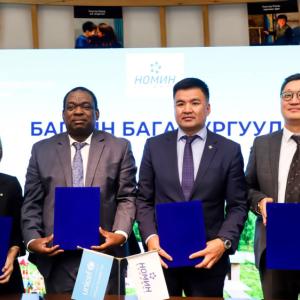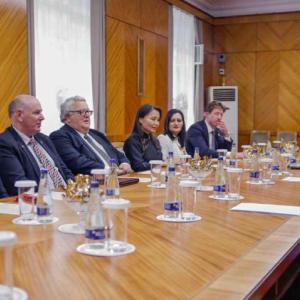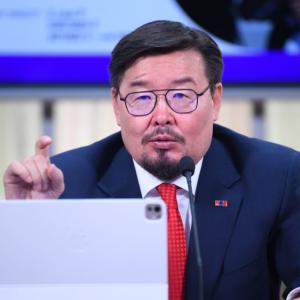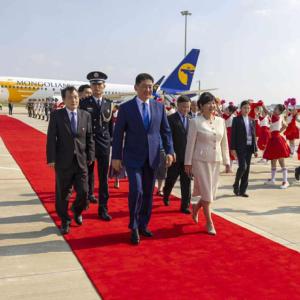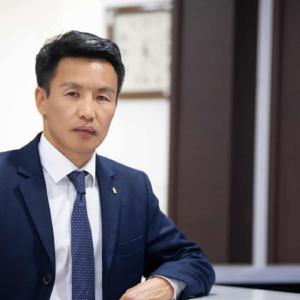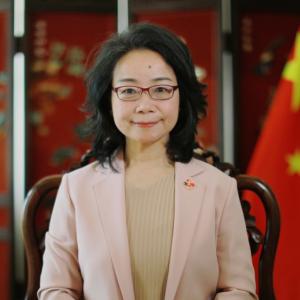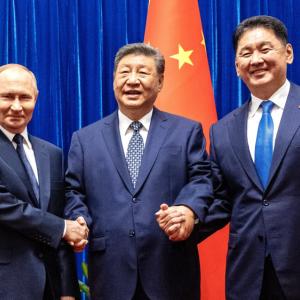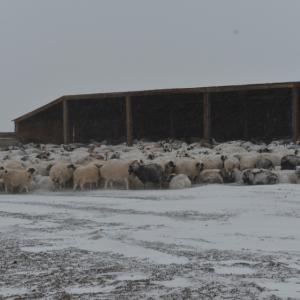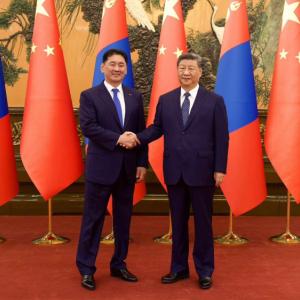Lessons from Europe on Energy Efficiency and House Insulation
Environment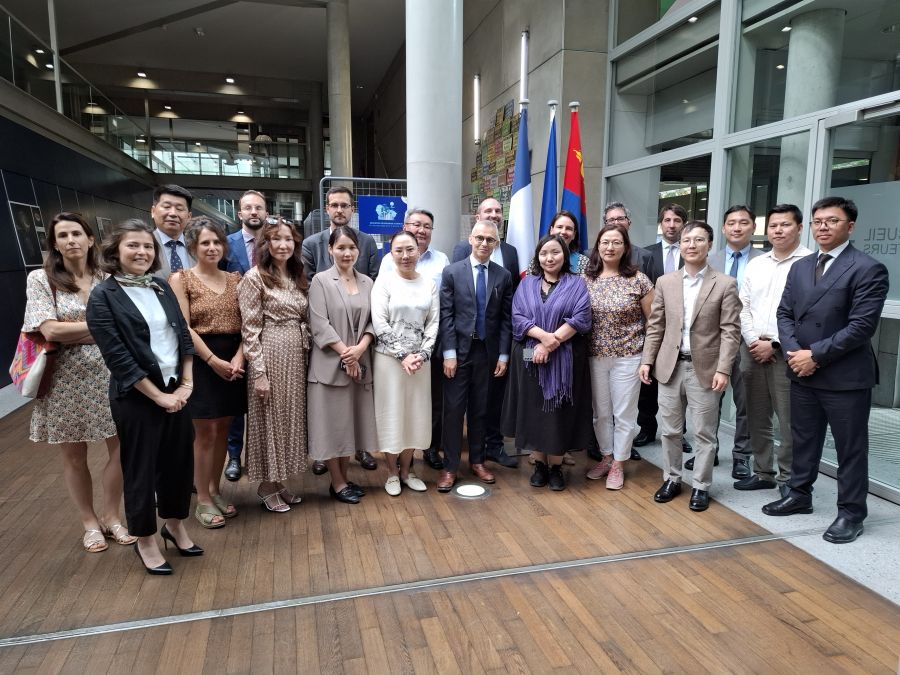
The “SOAP II” project, funded by the European Union’s SWITCH-Asia Program and the FRESH Project supported by the French Development Agency (AFD), has been implemented in Mongolia to reduce air pollution by improving the energy efficiency of detached houses.
In June 2025, Geres International NGO organized a study tour to France and Belgium (June 21-29). The visit enabled Mongolian policymakers, financial institutions, and housing sector stakeholders to explore European experiences in energy-efficient housing retrofits and financing mechanisms. This exchange provided valuable insights to address Mongolia’s challenges, particularly in ger areas, and opened new opportunities for collaboration to scale up retrofitting, reduce air pollution, and cut greenhouse gas emissions.
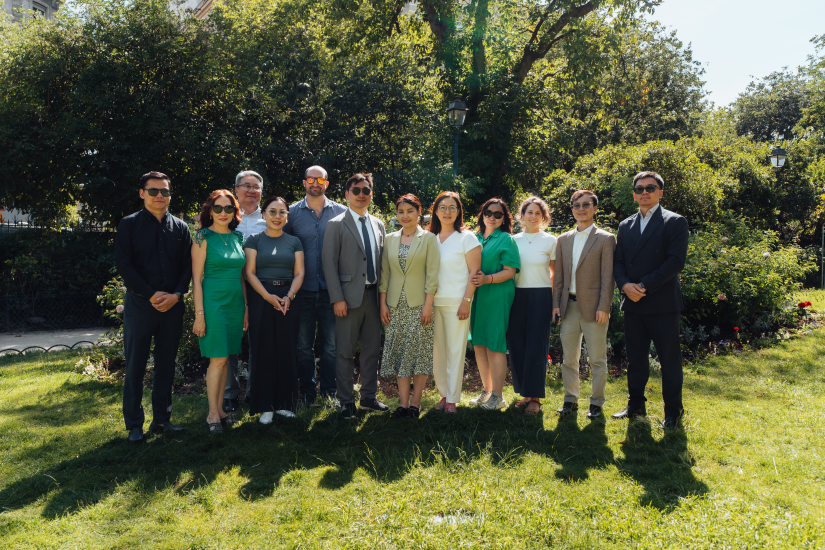
Learning from France and
Belgium: Best Practices
The study tour began in Paris,
where the delegation examined strategies and innovations in energy efficiency,
affordable housing, and inclusive urban development. In Brussels, the focus was
on financial mechanisms, policy frameworks, and large-scale housing retrofits,
with visits to exemplary housing projects and European institutions.
An Ecosystemic Approach
European experiences show the
importance of national housing agencies playing a central role in retrofitting
and energy efficiency, as well as integrated and enforceable frameworks:
● ANAH (French National Housing Agency): Manages retrofitting
subsidies for low- and middle-income households, condominium associations, all
over France. Its 2024 budget reached EUR 3.7 billion, reflecting the scale of
state commitment.
● SOLIHA: France’s largest non-profit housing network,
providing end-to-end renovation support (technical, financial, administrative)
tailored for vulnerable households, the elderly, and people with disabilities.
● Agence Parisienne du Climat (Paris Climate Agence): A
“one-stop shop” offering technical advice, financial guidance, and
post-renovation monitoring. Its digital platform CoachCopro.com helps
condominium owners design and finance renovation projects.
● In Belgium, the SLRB (Brussels-Capital Housing Company) and
Comensia demonstrated how long-term planning and coordinated financing can
transform social housing, combining heritage preservation with modern energy
efficiency standards.
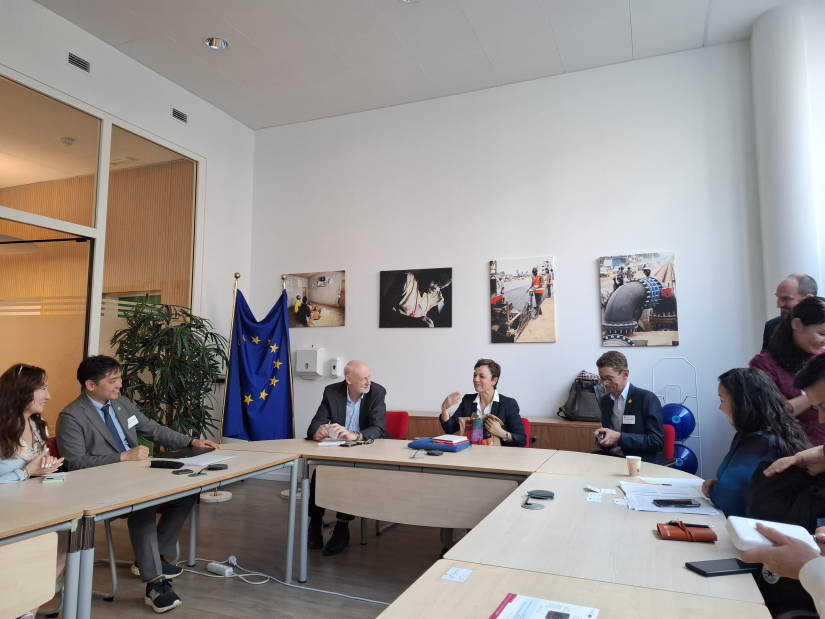
Inclusive Financing and
Balanced Incentives
● Experts emphasized that sustainable retrofit programs
require both strong financing tools and balanced incentives:
● Inclusive Financial Mechanisms – Tools that allow low- and
middle-income households to access retrofits.
● Balanced Incentives – Support for both supply-side actors
(builders, engineers, energy service companies) and demand-side actors
(households).
Innovative models such as
Energiesprong in France illustrate how prefabricated insulated walls,
integrated solar roofs, and performance guarantees can deliver net-zero homes.
Although upfront costs remain a challenge, these approaches show how scale and
standardization can lower long-term costs.
European consulting firm
Climact underlined that subsidies alone are not enough: innovation, skilled
labor, and behavioral change are equally crucial.
Opportunities for Mongolia
During the tour, the Mongolian
delegation presented the country’s pressing issues: inefficient housing in ger
districts, severe winter air pollution, and financial barriers for households.
Exchanges with the European Investment Bank (EIB), the European Commission (DG
INTPA, SWITCH-Asia), and AFD highlighted potential avenues for cooperation and
investment.
The European Commission also
announced future opportunities that Mongolia could leverage to scale up housing
retrofits and sustainable urban development.
Conclusion
The study tour demonstrated
that successful retrofitting requires more than subsidies: it relies on a
strong ecosystem of policies, financing tools, skills, and innovation.
● France’s ANAH, SOLIHA, APC, and AFD showcase how public
policies, local actors, and civil society can work together to make retrofits
affordable and inclusive.
● Belgium’s SLRB and Comensia highlight the role of social
housing as a lever for equitable and sustainable urban development.
For Mongolia, adapting these
approaches offers a clear path to:
● Expand retrofitting in ger districts and urban housing,
● Bridge financing gaps through inclusive tools, and
● Build strong partnerships with European and international
institutions.
With these insights, Mongolia
is well-positioned to accelerate its energy transition, reduce air pollution,
and improve the quality of life through better-insulated homes.
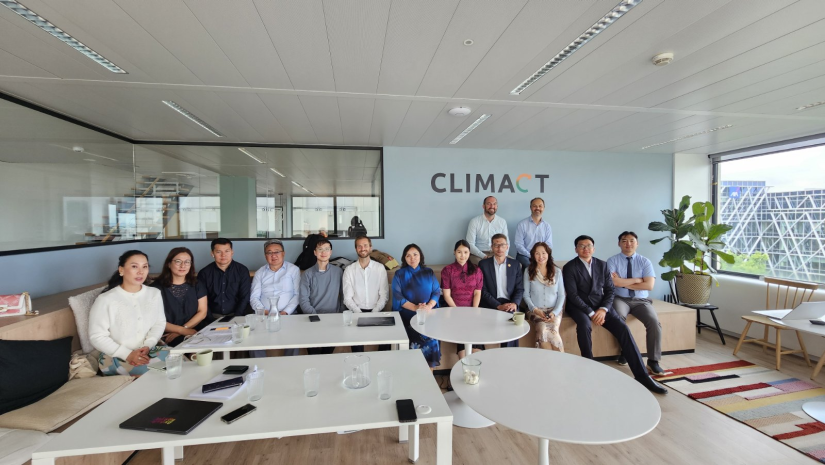
Key Takeaways for Mongolia
1. Ecosystemic Approach –
Integrate enforceable housing-sector policies and regulations to ensure
long-term sustainability.
2. Inclusive Financial
Mechanisms – Develop financial instruments tailored to low- and middle-income
households.
3. Balanced Incentive Systems – Support both builders and households to create a functional and sustainable retrofit market.
For more information about SOAP Project:
+ 976 75052000
“ДУЛААН ШИЙДЭЛ ТӨСӨЛ”
dulaanshiideltusul@gmail.com
https://dulaalga.mn/

 Улаанбаатар
Улаанбаатар
